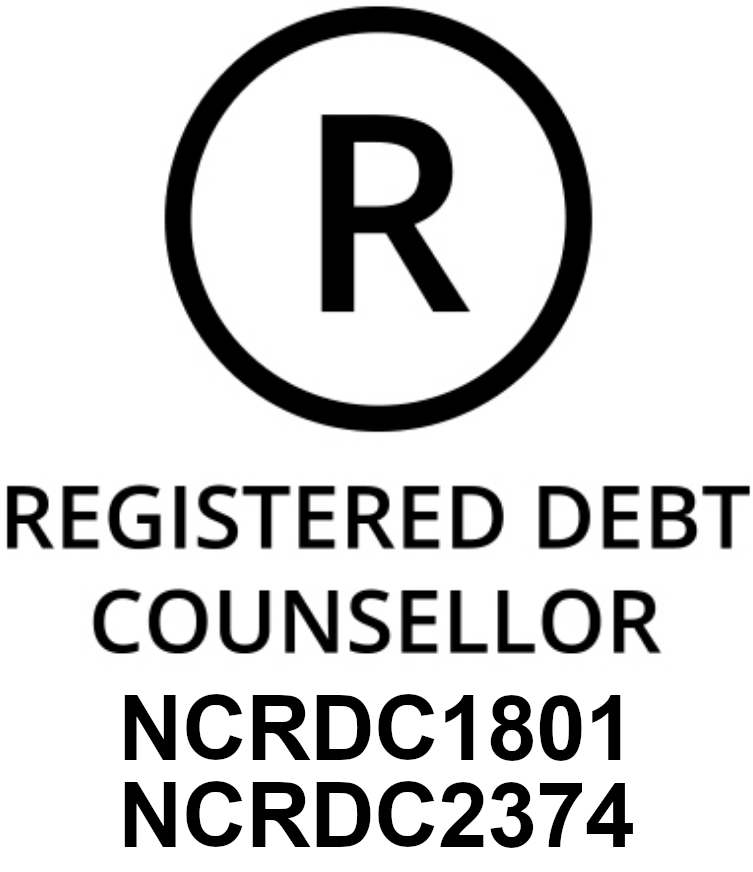May 26, 2007 By Neesa Moodley
The consumer spending boom has to a large extent been fuelled by credit. But the National Credit Act, which will take effect on June 1, is likely to rein in the lend-and-spend party.
Neesa Moodley reports on what the Act will mean for you, the consumer.
Financial institutions, retailers, debt collectors and consumers have less than a week before the National Credit Act (NCA) completely overhauls the way all credit transactions are conducted in South Africa, to the benefit of the consumer. Credit providers have probably inundated you with offers of easy credit in recent months, as they competed to sign up as many borrowers as possible before the NCA came into force.
While the NCA's requirements may seem onerous to some businesses and consumers, they are, in fact, in place to protect you from unscrupulous lenders. Interest rates and the fees associated with credit agreements - including home loans, vehicle finance, overdrafts, credit cards and micro-loans - will be capped in terms of formulae set by the NCA.
The credit providers' responsibilities
When the Act takes full effect on June 1, credit providers, such as banks or stores, will have a greater responsibility to ensure that you can afford to repay any credit they advance you. Furthermore, before credit providers agree to extend you credit or grant you a loan, they will have to provide you with a full quotation of the costs, the final sum you must repay, the instalments and the interest rate.
If you can prove that a lender failed to assess your ability to pay or did not disclose the required information, it will not be able to secure a debt judgment against you if you default on the repayments. Credit providers will also be obliged to provide you with periodic statements that contain full details of all charges and repayments.
For most credit agreements, the general rule is that you must be sent a statement every month. You can agree to a longer interval between statements, but it may not be more than three months. For instalment agreements, secured loans or leases, you must be sent a statement every two months. In the case of mortgage bonds, you must be issued with a statement every six months.
Which credit agreements fall under the Act?
Credit agreements entered into before June 1 will be exempt from the NCA's provisions. However, changing an existing credit agreement after June 1 may make that agreement subject to the provisions of the NCA.
Changes that would not make an existing agreement subject to the NCA include those concerning interest rates in a variable rate agreement or changes to the credit limits in a credit facility, such as your credit card.
Changes that would bring the agreement within the ambit of the NCA include changes to the repayment amount or installments, the term of the contract and the contractual terms of the agreement. For example, if a credit provider increased its fees, the agreement would fall under the NCA and the maximum monthly service fee allowed would be R50.
Banks or stores that granted you credit before June 1 were not required to assess whether or not you could afford the credit. But if you have a pre-existing credit agreement and are refused further credit after June 1 without being provided with a reason, that would be a violation of the NCA. You can then lodge a complaint with the National Credit Regulator, (NCR), who can order the credit provider to supply you with reasons for withdrawing your credit. If the provider fails to do so, the NCR will take the matter to the National Consumer Tribunal.
What else do you need to know?
Other good news is that banks may no longer try to dictate which insurer you must use for your home-owner's cover or your vehicle insurance. Although banks are still entitled to insist that you have sufficient insurance, they cannot lock you into an insurance agreement with their preferred insurance provider but must give you the freedom to choose an insurer.
Access to credit records
Since June last year, the NCA has entitled you to access your credit record held by a credit bureau once a year in the month of your birth, free of charge. From September 1, you can access your credit record once a year at any time of the year, free of charge. But if you want to access your credit record again during the same year, you will have to pay R20 per request.
Need debt counselling or consolidation?
Explore DebtBusters' solutions for reducing your interest rates and unlocking cash.
Find out moreCredit providers must give you 20 days' notice, in writing, before they report any adverse information about you to a credit bureau, and you are entitled to ask the provider for a copy of the information. The onus is on credit bureaus to ensure that the information they hold about you is correct.
If you don't agree with any information a credit bureau holds about you and it is incorrect, you can challenge it and ask the bureau to correct the information. If you have to spend money to correct information held by a credit bureau, the NCA empowers you to claim that money back from the credit bureau concerned.
Complaints about credit bureaus must be lodged with the Credit Information Ombud. If the matter is not resolved, the ombud can refer the matter to the NCR. However, you must try to resolve your complaint directly with the credit bureau concerned before approaching the ombud.
Magistrate's courts will deal with contractual disputes that do not fall under the NCA, while the NCR will deal with issues concerning non-compliance with the NCA.
Key features of the new law Some of the key features of the National Credit Act are:
- Credit providers, such as banks and stores, have to explain your rights before you enter into a credit agreement and must ensure you can afford the repayments;
- You will have to provide more detailed information about your income and expenses when you apply for credit or a loan;
- The interest rates and fees charged by credit providers have been capped;
- You can approach a debt counsellor for assistance if you find that you are over-indebted;
- Credit providers must notify you before they list information about you with a credit bureau;
- A prospective employer must obtain your consent before checking your credit record with a credit bureau, but can do so only if you are applying for a job where you will handle money; and
- Prospective employers may not turn down your employment application because you have a poor credit record, unless you are applying for a position that requires you to deal with money. What steps must be followed when you apply for credit This is the process that must be followed when you apply for any form of credit from June 1:
- You must provide the credit provider with the documents the Financial Intelligence Centre Act requires you to produce when doing business with a financial institution, a statement of your monthly income and expenses, as well as information about your debts and marital status. You will also be required to disclose your race. The National Credit Regulator will use this information to assess the development of the credit market. If you are married in community of property, you will need the written consent of your spouse before you can apply for credit.
- Based on the above information, the credit provider will carry out a risk assessment to determine whether or not you can afford more credit.
- The credit provider must clearly explain the costs and responsibilities of the credit agreement to you, in a language you can understand, and must ensure that you fully understand the terms of the credit agreement.
- The credit provider must assess your ability, within your existing financial means, to meet the repayments on time.
- The credit provider must assess your debt repayment history.
- If your application for credit is approved, the credit provider must draw up a quotation. The quote must include all the charges associated with the credit, including interest, initiation fees and service fees. The pricing structure for each of these charges must be disclosed to you.
- You have five days to consider the quote and obtain competing quotes. If you want to accept the quote, you must do so within the five-day period. Should you accept the quote, your credit application will be processed immediately. If your application is declined, you have the right to ask the credit provider to give you the main reason for declining the credit in writing.
Information supplied by the Banking Association of South Africa.





